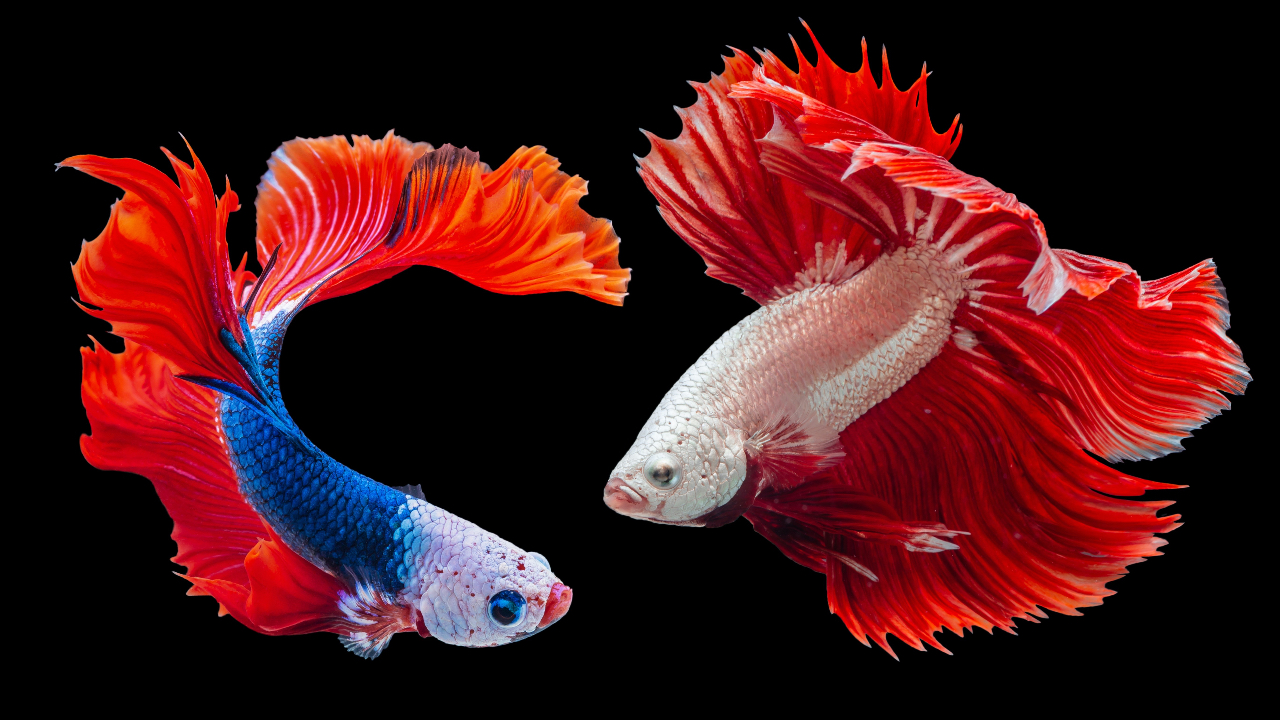How to See the Water
(in Your Relationship)

Have you ever argued with your partner about something so trivial, so utterly stupid, that, looking back, it seems like you might have gone temporarily insane?
Examples include but are not limited to fighting about:
- Whether the toilet paper wraps over or under
- The number of avocados to buy for the guac
- The ideal thermostat setting
- Who is going to get out of bed to turn off the bedroom light
- Who slept worse last night
These aren’t symptoms of relationship dysfunction. They’re a sign that you and your partner – like every other couple – fight over totally inane stupid shit.
But why?
Here’s how the late David Foster Wallace might answer. You and your partner are like fish swimming in the ocean. You’re fascinated by a seaweed colony, arguing over whether purple plants are better than green.
That’s when a big blue fish swims up and asks, “Hey friends, how’s the water?”
“What’s water?” you both reply.
Here’s one answer. All those arguments over the avocados, the thermostat, and last night’s sleep – that’s all like the fish debating plant color.
That’s all just content. It’s the storyline of who’s wrong or right, who’s to blame, who’s trying harder, who’s the victim, and who’s the villain.
The water? Well, that’s the context. It’s the zoomed-out view of the situation that only that big blue fish could see. It’s everything surrounding the story: the emotions, beliefs, moods, value systems, and macro-level relationship patterns that shape our experience of each moment together in relationships.
And here’s what’s so amazing about seeing the water. Context gives us a way out of all this drama because, as you surely know, there’s no way out of content arguments.
The more you debate your partner over the merits of proper dishwasher loading technique, the more you roll your eyes at each other, the more you begin to argue over other ridiculous stuff. It’s a recursive loop that just keeps on spinning.
But if you can start talking about context, something amazing happens. The tone of the entire conversation shifts from defensiveness to curiosity. Instead of trying to tear apart each other’s arguments, you begin to do something that makes no sense in the world of content: you try to understand each other.
And it’s this shift to understanding that has the potential to turn each disagreement from a potential blow up into an opportunity to connect, learn, and grow together.
That’s the power of context. It’s magical. It’s quick. And yet it’s not always easy to do in the moment.
How can you make this shift from content to context?
Tools
1. Zoom out.
As soon as you see yourself falling into the trap of content, zoom out on the situation. See if you can expand your attention beyond all those random stories in your head about why you’re right and your partner is dead wrong. Here are several ways to do this:
- Name what is happening in your body (unlike the stories in your head, these sensations are always happening in present time)
- Name the emotion you’re experiencing (mad, scared sad, defensive).
- Reveal a sentence about the background you bring to the situation (you spent your childhood freezing, so that extra two degrees has disproportionate meaning to you).
- Take a couple slow breaths to bring your nervous system back into balance.
2. Notice when you want to win.
Unless you’re playing a game of Yatzy or Monopoly, the competitive urge to beat your partner isn’t helpful.
So notice when this urge arises. See those subtle moments when the two of you shift from being intimate partners to being more like political rivals working to undercut each other’s claims.
3. Understand.
Now for the big shift. See what happens when you shift to curiosity. This requires doing something radical, terrifying even. It requires letting go of winning and being right. But moving through the discomfort is worth it. Because here’s what’s waiting on the other side – a way out of all this drama.
Once you finally understand each other and the dynamics that caused you to spin out in the first place, this very same fight that pulled you apart becomes an opportunity for connection. That’s the magic of context.
Want more of these life tools delivered to your inbox?
Sign up for the Klemp Insights Newsletter.

